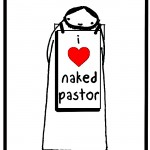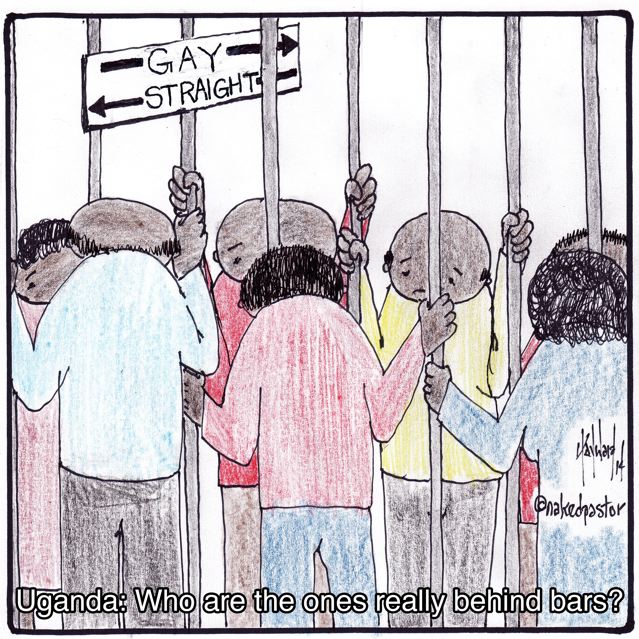Even though I believe I am critiquing the unnecessary and often destruction accretions that the church unwillingly but sometimes willingly dons, I have been accused of critiquing the church herself. Even though I am angry with all the silly and often marring adornments we impose on the Bride, I can be accused of raging against the Bride herself. Even though I rebel against the dominion the principalities and powers exercise over the church, I can be accused of rebelling against the church herself. Even though I believe I am one of the most committed to the church, I can be accused of being the least committed because of my several separations from her. Even though I claim to love the church, I can be accused of incessant betrayals against her.
So when I read this in the philosopher Slavoj ŽiŽek’s Living in the End Times, I felt some comfort:
Fidelity should be strictly opposed to zealotry: a zealot’s fanatical attachment to his Cause is nothing but a desperate expression of his uncertainty and doubt, of his lack of trust in the Cause. A subject truly dedicated to his Cause regulates his eternal fidelity by means of incessant betrayals.*
Late last night I remembered a pointed question someone asked me many years ago when I left the church and was doing construction work. He asked me: “When you die and they are having your funeral, what do you want to be said about you?” I knew instantly and said: “I want it to be said that I was the best pastor in the world.“**
Last night I also realized that this has not changed.
*This passage conjures up Peter Rollins recent book, The Fidelity of Betrayal, which treats the same issue.
**If you sneer at my response as being arrogant, I would disagree. My response wasn’t a competitive one, as in, “I want to be better than everybody else.” Rather, it just means I want to be the perfect pastor. If you do not desire to be the best at what you do, then get out of the business now. Perfection is our only decent measure. Is it not?











